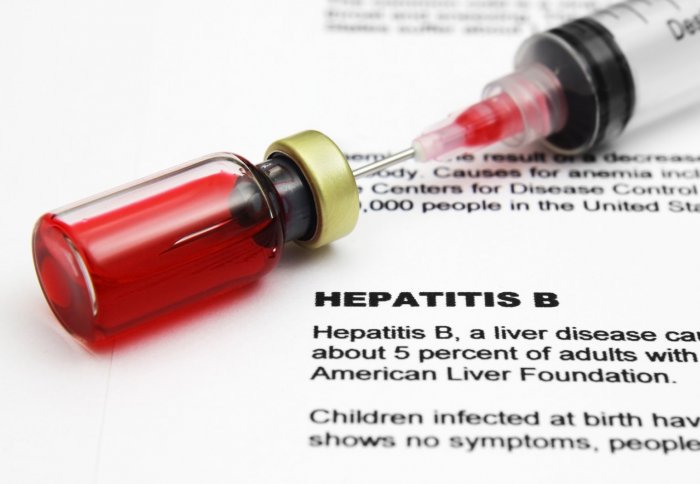Supermarket vouchers improve completion of Hep B vaccination with drug users

The first UK trial of incentivising drug users to complete a hepatitis B vaccination course has had promising results.
The hepatitis B virus (HBV) affects about 22 per cent of injecting drug users in the UK and it is estimated that about 15 to 25 per cent of people with untreated chronic HBV die of liver disease. A highly effective vaccine has been developed but its current uptake is poor.
Researchers from Imperial College London, King’s College London and University College London studied the effectiveness and acceptability of using incentives to improve the completion of vaccination against hepatitis B among people undergoing treatment for heroin addiction. Results showed that nearly 50 per cent of injecting drug users offered supermarket vouchers for attending vaccination appointments on time completed their vaccination whereas only 9 per cent of those not offered the incentives complete the course. The research was published today in The Lancet.
Lead author on the study Dr Tim Weaver from Imperial’s Department of Medicine said: “If we can encourage those who have injected drugs to complete the hepatitis B vaccination then for the individual patient there is a clear irreversible health benefit in terms of reduced risk of infection. This has an important public health benefit by virtue of the reduced risk of hep b transmission. Because we also found the incentive greatly increased compliance with appointment date and time this also suggests the approach has the potential to reduce waste and improve efficiency in the use of NHS resources.”
Financial incentive-based public health strategies have been widely adopted in the US and evaluations of these strategies have indicated they are highly effective. The UK has been less forthcoming in its adoption of this strategy but, on the basis of US evidence, the National Institute for Care and Excellence (NICE) recommended trials to evaluate the effectiveness of this approach.
The study recruited 210 people who were receiving opioid substitution therapy such as methadone or buprenorphine from 12 National Health Service drug treatment services across the UK. Staff who deliver the vaccines were given training to administer the incentives to streamline it into their everyday work.
In the UK the vaccination requires three doses and the study assessed two different methods of incentivisation: fixed value contingency management - where a £10 voucher was given to participants at each of the three vaccinations, or escalating value contingency management - where participants received a £5 voucher at first vaccination visit, a £10 voucher at second visit, and a £15 voucher at third visit.
The researchers compared the effectiveness of these two approaches in achieving completion of vaccination and compared them to the situation where there were no incentives. In the group with no incentives only six (9%) of 67 participants completed all scheduled vaccinations, compared with 35 (45%) of 78 participants in the fixed reward group, and 32 (49%) of 65 participants in the escalating reward group.
Alongside this, the researchers noted that most participants (at least 80%) receiving voucher incentives attended appointments on time, ensuring a more efficient use of resources.
“There is some controversy about the use of incentives with drug users but they do provide public health benefits for a relatively small investment,” said Dr Weaver. “Our results are impressive and the approach proved to be feasible. It seems reasonable to suggest that incentives should be available as an additional tool for staff working with this group to ensure vaccination. Emphasis now needs to be placed on how to implement this and roll it out into mainstream practice.”
Reference: Weaver et al. Use of contingency management incentives to improve completion of hepatitis B vaccination in people undergoing treatment for heroin dependence: a cluster randomized trial. The Lancet (2014)
Article text (excluding photos or graphics) © Imperial College London.
Photos and graphics subject to third party copyright used with permission or © Imperial College London.
Reporter
Franca Davenport
Communications and Public Affairs